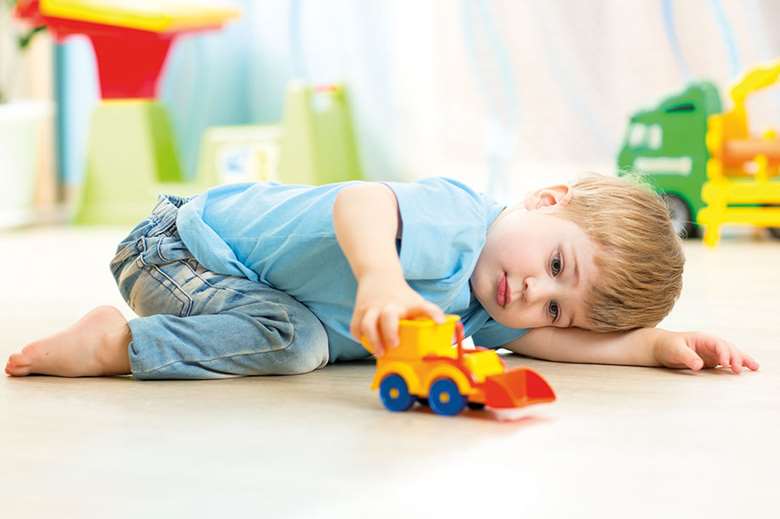Providing the best for your little one is ultimately the goal of every parent by ensuring they get the adequate food, sleep, care, attention, and love they need. But let's not stop there as being aware of your child's behaviour is also vital. This includes their emerging social and communication skills as differences in these skills can be traits of being autistic.
What is autism?
Autism spectrum disorder (ASD) is a set of developmental differences that affect the way people behave, communicate, and interact with others. Each child with ASD is unique and although more boys than girls are autistic, the condition happens in all ethnicities and socioeconomic groups. While there is no need for a cure and one does not exist, early intervention and treatment can make a huge difference.
What are the signs of autism in babies?
Autism does not affect or change a baby's physical appearance. Hence, it can be tricky to detect autism spectrum disorder in babies as the signs are not apparent until children are older. Some parents might notice symptoms in their baby before their first birthday, but the signs are more recognizable between the ages of 2 and 3.
Learn more about which symptoms to watch for and if you notice any of these developmental differences, it is important to talk to your child's doctor about them.
- showing no signs of smiling by 6 months
- no babbling, pointing, or use of other gestures by 12 months
- no use of single words by 16 months
- no use of two-word phrases by the age of 24 months
- having a regression in development, with a loss of language or social skills
- arching away from being held by a parent or caregiver to avoid physical contact
- avoiding eye contact with others
- seeming to not notice when people come and go
Early signs of autism in toddlers
In addition to those early signs in babies, you might also recognize these early symptoms of autism in your older child.
- does not engage in pretend play by 18 months
- prefers to be alone and does not seem to understand the feelings of other people
- does not speak or speaks with unusual rhythm or monotone
- gives unrelated answers when asked
- appears to ignore requests
- repeats certain words or phrases constantly
- throws frequent temper tantrums in response to minor changes in routine
- intentionally (and repeatedly) inflicts harm on themselves
- acts obsessively interested in something
- moves spastically (flaps hands, rocks, or spins body in a circle)
- reacts to smell, touch, and sounds in an abnormal way
- has strange food preferences
What to do if my baby or toddler is showing early signs of autism?
Do not delay if you notice any of the early autism signs in your baby or toddler. If your little one is struggling to fit in, the differences are interfering with their daily life, or if your instinct tells you that something is just not right, check in with your child's doctor.
If the doctor suspects a problem, your child will be scheduled for a thorough checkup to rule out other conditions such as lead poisoning, hearing loss, or certain learning disorders that may explain the symptoms.
Treatment for autism
With early intervention and therapy, great progress can normally be made in a child's behaviour, learning, and development. Depending on your little one's symptoms, one or more of these therapies may be helpful:
- cognitive behavioural therapy
- joint attention therapy
- behaviour management therapy
- social skills training
- speech therapy
- physical therapy
- occupational therapy
- medication
- educational interventions
- nutrition therapy
As parents, you may also feel pressured to make every decision right as you consult your child's doctor about early diagnosis. These thoughts and feelings are common but remember, autism is no one's fault! Here are some ways you can consider doing to support you and your child through this journey.
- connect with other parents through support groups
- seek some extra training on ASD
- learn about stress management techniques which include mindfulness, progressive muscle relaxation, and expressive writing
- work with a family therapist or counsellor to process your feelings and get equipped with coping mechanisms
- find out about local ASD resources
Here are some autism centers in Malaysia that could help you and your child.
















